Rejoignez getAbstract pour lire le résumé !
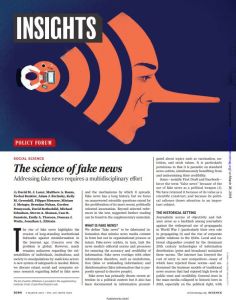
Rejoignez getAbstract pour lire le résumé !
David M. J. Lazer, Matthew A. Baum, Yochai Benkler, Adam J. Berinsky, Kelly M. Greenhill, Filippo Menczer, Miriam J. Metzger, Brendan Nyhan, Gordon Pennycook, David Rothschild, Michael Schudson, Steven A. Sloman, Cass R. Sunstein, Emily A, Thorson, Duncan J. Watts and Jonathan L. Zittrain
The Science of Fake News
Addressing fake news requires a multidisciplinary effort
Science, 2018
Aperçu
Fake news has become pervasive worldwide. How can society better recognize and reject this false information?
Recommendation
The Internet has led to a boon in information and media producers. Many of them appear to be legitimate news media, but they reject established journalistic standards. These media peddlers use social media and bots (nonhuman accounts) to spread fake news. The pervasiveness of fake news pollutes the quality of available information. Its long-term effects on society are also unclear. Political science professor David M.J. Lazer and his colleagues suggest how media users and information platforms can stop fake news. getAbstract recommends this article to anyone who is trying to separate the wheat from the chaff.
Summary
About the Authors
David M.J. Lazer is a professor of political science and computer and information science at Northeastern University. Matthew A. Baum is the Marvin Kalb Professor of Global Communications and professor of public policy at Harvard University.









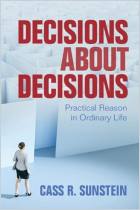
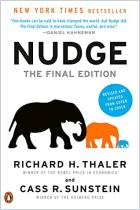


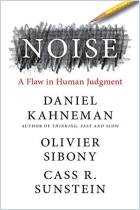







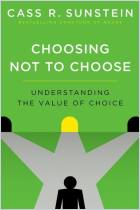




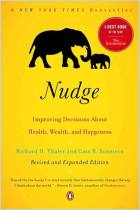



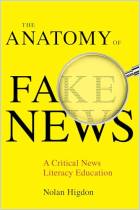





Comment on this summary